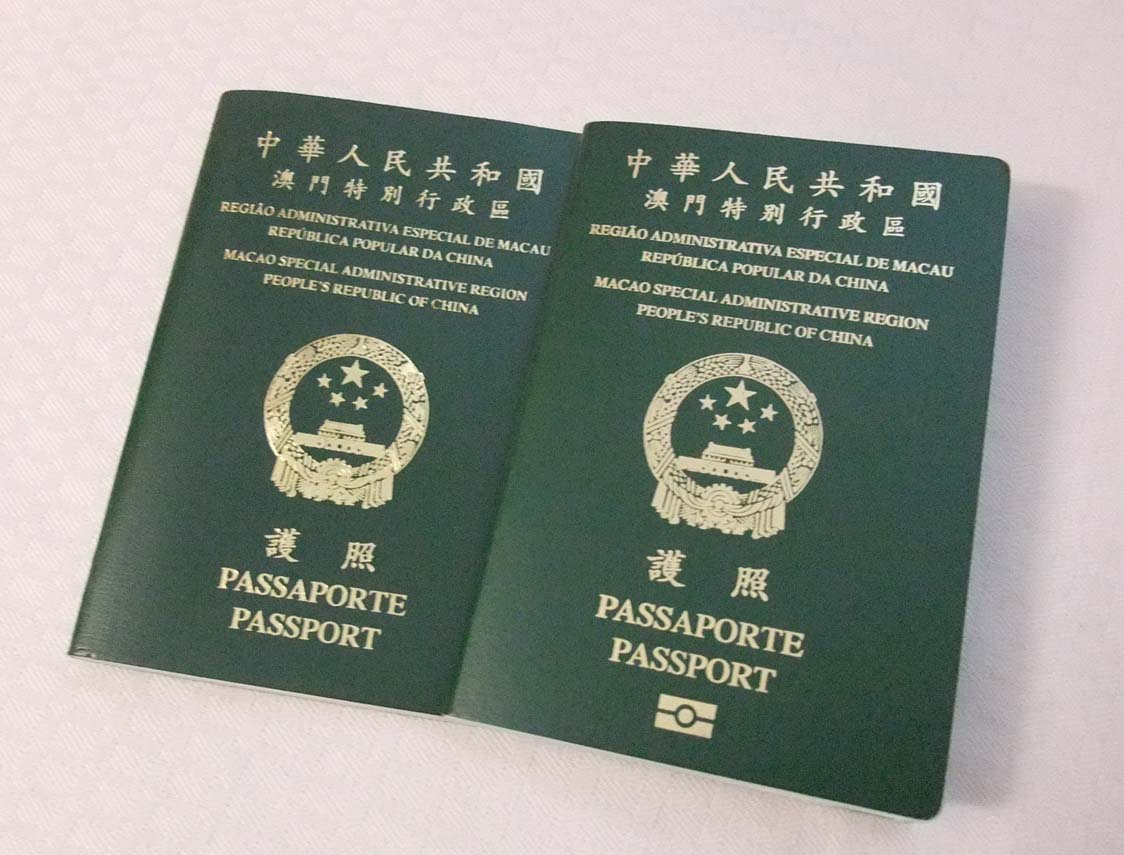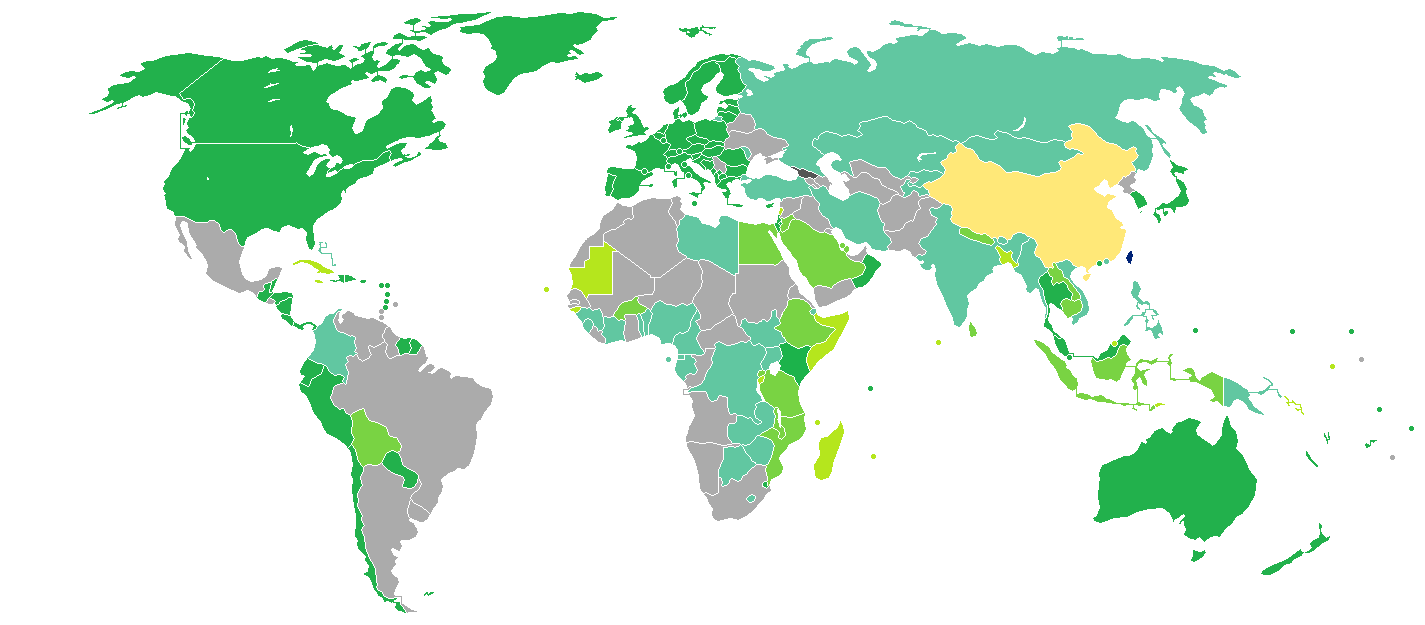|
Chinese Nationality (other)
Chinese nationality may refer to: * Chinese nationality law, the law which defines who is or may become a People's Republic of China (PRC) national ** Hong Kong Special Administrative Region passport, passport issued to PRC nationals with permanent residence in Hong Kong ** Macao Special Administrative Region passport, passport issued to PRC nationals with permanent residence in the Macau * Taiwanese nationality law, the law which defines who is or may become a Republic of China (ROC) national * ''Zhonghua minzu'', (English: "Chinese nation" or "Chinese race"), a key political term in modern Chinese history * Chinese nationalism, form of nationalism which promotes the cultural and national unity of the Chinese * Chinese people, the various individuals or groups of people associated with China * Chinese Nation, a thought experiment in the philosophy of mind See also * British nationality law and Hong Kong British nationality law as it pertains to Hong Kong has been unusual ... [...More Info...] [...Related Items...] OR: [Wikipedia] [Google] [Baidu] |
Chinese Nationality Law
Chinese nationality law details the conditions by which a person holds nationality of the People's Republic of China (PRC). The primary law governing these requirements is the Nationality Law of the People's Republic of China, which came into force on September 10, 1980. Foreign nationals may naturalize if they are permanent residents in any part of China or they have immediate family members who are Chinese citizens. Residents of the Taiwan Area are also considered Chinese citizens, due to the PRC's extant claim over areas controlled by the Republic of China (ROC). Although mainland China, Hong Kong, and Macau are all administered by the PRC, Chinese citizens do not have automatic residence rights in all three jurisdictions; each territory maintains a separate immigration policy. Voting rights and freedom of movement are tied to the region in which a Chinese citizen is domiciled, determined by ''hukou'' in mainland China and right of abode in the two special administrative ... [...More Info...] [...Related Items...] OR: [Wikipedia] [Google] [Baidu] |
Hong Kong Special Administrative Region Passport
The Hong Kong Special Administrative Region passport is a passport issued only to permanent residents of Hong Kong who also hold Chinese citizenship. Note that: The passport is referred to both as the HKSAR Passport and the Hong Kong Special Administrative Region Passport. In accordance with the Basic Law of the Hong Kong Special Administrative Region, since the transfer of sovereignty on 1 July 1997, the passport has been issued by the Immigration Department of the Government of Hong Kong under the authorisation of the Central People's Government of the People's Republic of China. As the official languages of Hong Kong are Chinese and English, the passport is printed bilingually in both Chinese (traditional characters) and English. In late 2019, the fourth version of the HKSAR passport was launched. Name In English, the passport is sometimes referred to by its long-form name which appears on the cover (i.e. the Hong Kong Special Administrative Region People's Republic ... [...More Info...] [...Related Items...] OR: [Wikipedia] [Google] [Baidu] |
Macao Special Administrative Region Passport
The Macao Special Administrative Region of the People's Republic of China passport (; pt, Passaporte da Região Administrativa Especial de Macau) is a passport issued to Chinese citizens who are permanent residents of Macau. In accordance with Macau Basic Law, since the transfer of sovereignty over Macau on 20 December 1999, this passport has been issued by the Identification Services Bureau (under the Secretariat for Administration and Justice) of the government of Macau under the prerogative of the Central People's Government of the People's Republic of China. The official languages of Macau are Portuguese and Chinese; consequently, all the passport's text is in Traditional Chinese characters and in Latin script. Historical background According to the nationality law of the People's Republic of China and the explanations given for some questions by the Standing Committee of the National People's Congress concerning the implementation of nationality law in Macau, any ... [...More Info...] [...Related Items...] OR: [Wikipedia] [Google] [Baidu] |
Taiwanese Nationality Law
Taiwanese nationality law details the conditions in which a person is a Nationality, national of the Taiwan, Republic of China (ROC), commonly known as Taiwan. Foreign nationals may naturalize if they are permanent residents in any part of the ROC or they have immediate family members who are ROC citizens. Residents of the Mainland China, Mainland Area and historically, Outer Mongolia are also considered citizens of the Republic, due to the ROC's extant claim over areas controlled by the China, People's Republic of China (PRC) and Mongolia. Civil and political rights usually associated with citizenship (such as voting and residence rights) are tied to an ROC national's Domicile (law), domicile, determined by whether they have household registration in Taiwan. History Taiwan was governed by the Qing dynasty, the last Dynasties in Chinese history, imperial dynasty of China, from 1683 to 1895. Following the First Sino-Japanese War, the islands of Geography of Taiwan, Taiwan a ... [...More Info...] [...Related Items...] OR: [Wikipedia] [Google] [Baidu] |
Zhonghua Minzu
''Zhonghua minzu'' (, ) is a political term in modern Chinese nationalism related to the concepts of nation-building, ethnicity, and race in the Chinese nationality. ''Zhonghua minzu'' was established during the early Beiyang (1912–1927) and Nationalist (1928–1949) periods to include Han people and four major non-Han ethnic groups: the Man (Manchus), the Meng (Mongols), the Hui (ethnic groups of Islamic faith in Northwest China), and the Zang (Tibetans), under the notion of a republic of five races ( or ''Wǔzú gònghé'') advocated by Sun Yat-sen and the Chinese Nationalist Party. It is slightly different from the word Hanzu, a word is only used to refer to the Han Chinese. ''Zhonghua minzu'' was initially rejected in the People's Republic of China (PRC) but resurrected after Mao Zedong's death to include the mainstream Han Chinese and 55 other ethnic groups as a huge Chinese family. Since the late 1980s, the most fundamental change of the PRC's nationalities an ... [...More Info...] [...Related Items...] OR: [Wikipedia] [Google] [Baidu] |
Chinese Nationalism
Chinese nationalism () is a form of nationalism in the People's Republic of China (Mainland China) and the Republic of China on Taiwan which asserts that the Chinese people are a nation and promotes the cultural and national unity of all Chinese people. It is often equated with Han nationalism, although these two concepts are different. According to Sun Yat-sen's philosophy in the Three Principles of the People, Chinese nationalism should be a form of civic nationalism constructed on top of a united value, however this has not been fully recognized or applied in practice by successors. Modern Chinese nationalism emerged in the late Qing dynasty (1636–1912) in response to the humiliating defeat in the First Sino-Japanese War and the invasion and pillaging of Beijing by the Eight-Nation Alliance. In both cases, the aftermath forced China to pay financial reparations and grant special privileges to foreigners. The nationwide image of China as a superior Celestial Empir ... [...More Info...] [...Related Items...] OR: [Wikipedia] [Google] [Baidu] |
Chinese People
The Chinese people or simply Chinese, are people or ethnic groups identified with China, usually through ethnicity, nationality, citizenship, or other affiliation. Chinese people are known as Zhongguoren () or as Huaren () by speakers of standard Chinese, including those living in Greater China as well as overseas Chinese. Although both terms both refer to Chinese people, their usage depends on the person and context. The former term is commonly used to refer to the citizens of the People's Republic of China - especially mainland China. The term Huaren is used to refer to ethnic Chinese, and is more often used for those who reside overseas or are non-citizens of China. The Han Chinese are the largest ethnic group in China, comprising approximately 92% of its Mainland population.CIA Factbook "Han Chinese 91.6%" out of ... [...More Info...] [...Related Items...] OR: [Wikipedia] [Google] [Baidu] |
China Brain
In the philosophy of mind, the China brain thought experiment (also known as the Chinese Nation or Chinese Gym) considers what would happen if each member of the Chinese nation were asked to simulate the action of one neuron in the brain, using telephones or walkie-talkies to simulate the axons and dendrites that connect neurons. Would this arrangement have a mind or consciousness in the same way that brains do? Early versions of this scenario were put forward in 1961 by Anatoly Dneprov, in 1974 by Lawrence Davis, and again in 1978 by Ned Block. Block argues that the China brain would not have a mind, whereas Daniel Dennett argues that it would. The China brain problem is a special case of the more general problem whether minds could exist within other, larger minds. The Chinese room scenario analyzed by John Searle, is a similar thought experiment in philosophy of mind that relates to artificial intelligence. Instead of people, each modeling a single neuron of the brain, in th ... [...More Info...] [...Related Items...] OR: [Wikipedia] [Google] [Baidu] |
British Nationality Law And Hong Kong
British nationality law as it pertains to Hong Kong has been unusual ever since Hong Kong became a British colony in 1842. From its beginning as a sparsely populated trading port to today's cosmopolitan international financial centre and world city of over seven million people, the territory has attracted refugees, immigrants and expatriates alike searching for a new life. Citizenship matters were complicated by the fact that British nationality law treated those born in :Hong Kong as British subjects (although they did not enjoy full rights and citizenship), while the People's Republic of China did not recognise Hong Kongers with Chinese ancestry as British. The main legal rationale for the Chinese position was that recognising these people as British could be seen as tacit acceptance of a series of treaties which China considers " unequal" – including the ones which ceded the Hong Kong Island, the Kowloon Peninsula and the land between the Kowloon Peninsula and the S ... [...More Info...] [...Related Items...] OR: [Wikipedia] [Google] [Baidu] |
Ethnic Minorities In China
Ethnic minorities in China are the non-Han Chinese, Han population in the People's Republic of China (PRC). The PRC officially recognizes 55 minority group, ethnic minority groups within China in addition to the Han majority. As of 2010, the combined population of officially-recognized minority groups comprised 8.49% of the population of mainland China. In addition to these officially-recognized ethnic minority groups, there are Chinese nationals who privately classify themselves as members of unrecognized ethnic groups in China, unrecognized ethnic groups, such as the very small Chinese history of the Jews in China, Jewish, Tuvans, Tuvan, and Ili Turk people, Ili Turk communities, as well as the much larger Oirats, Oirat and Japanese people in China, Japanese communities. In Chinese, 'ethnic minority' has translated to (), wherein () means 'Nationalities (ethnic affiliations), nationality' or 'nation' (as in ethnic group)—in line with the Soviet concept of ethnicity—a ... [...More Info...] [...Related Items...] OR: [Wikipedia] [Google] [Baidu] |




.jpg)

